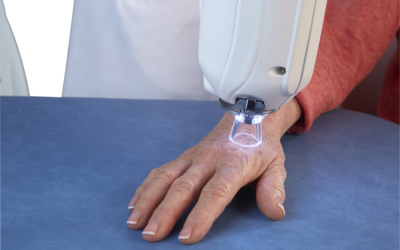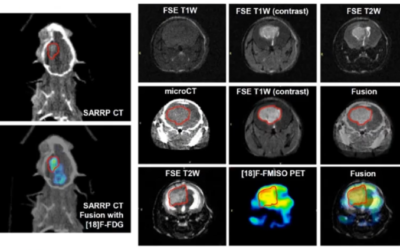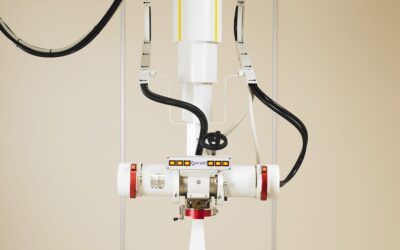Purpose
To assess the impact of hypoxia exposure on cellular radiation sensitivity and survival of tumor cells with diverse intrinsic radiation sensitivity under normoxic conditions.
Materials and methods
Three squamous cell carcinoma (SCC) cell lines, with pronounced differences in radiation sensitivity, were exposed to hypoxia prior, during or post irradiation. Cells were seeded in parallel for colony formation assay (CFA) and stained for γH2AX foci or processed for western blot analysis.
Results
Hypoxia during irradiation led to increased cellular survival and reduced amount of residual γH2AX foci in all the cell lines with similar oxygen enhancement ratios (OER SKX: 2.31, FaDu: 2.44, UT-SCC5: 2.32), while post-irradiation hypoxia did not alter CFA nor residual γH2AX foci. Interestingly, prolonged exposure to hypoxia prior to irradiation resulted in differential outcome, assessed as Hypoxia modifying factor (HMF) namely radiosensitization (SKX HMF: 0.76), radioresistance (FaDu HMF: 1.54) and no effect (UT SCC-5 HMF: 1.1). Notably, radiosensitization was observed in the ATM-deficient SKX cell line while UT SCC-5 and to a lesser extent also FaDu cells showed radiation- and hypoxia-induced upregulation of ATM phosphorylation. Across all the cell lines Rad51 was downregulated whereas phosphor-DNA-PKcs was enhanced under hypoxia for FaDu and UTSCC-5 and was delayed in the SKX cell line.
Conclusion
We herein report a key role of ATM in the cellular fitness of cells exposed to prolonged moderate hypoxia prior to irradiation. While DNA damage response post-irradiation seem to be mainly driven by non-homologous end joining repair pathway in these conditions, our data suggest an important role for ATM kinase in hypoxia-driven modification of radiation response.
FranziskaHautha, DanielZipsa, Apostolos Menegakisa.
Download Paper






